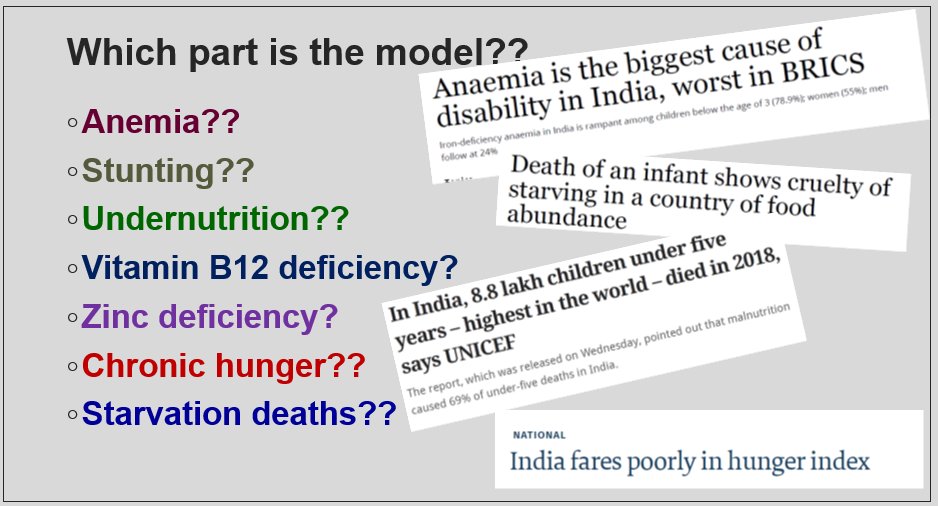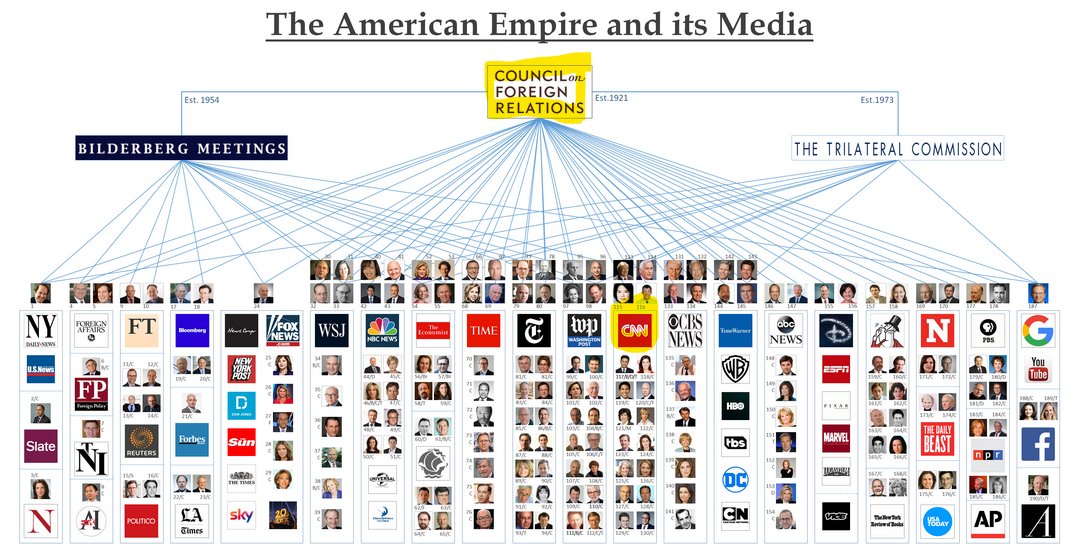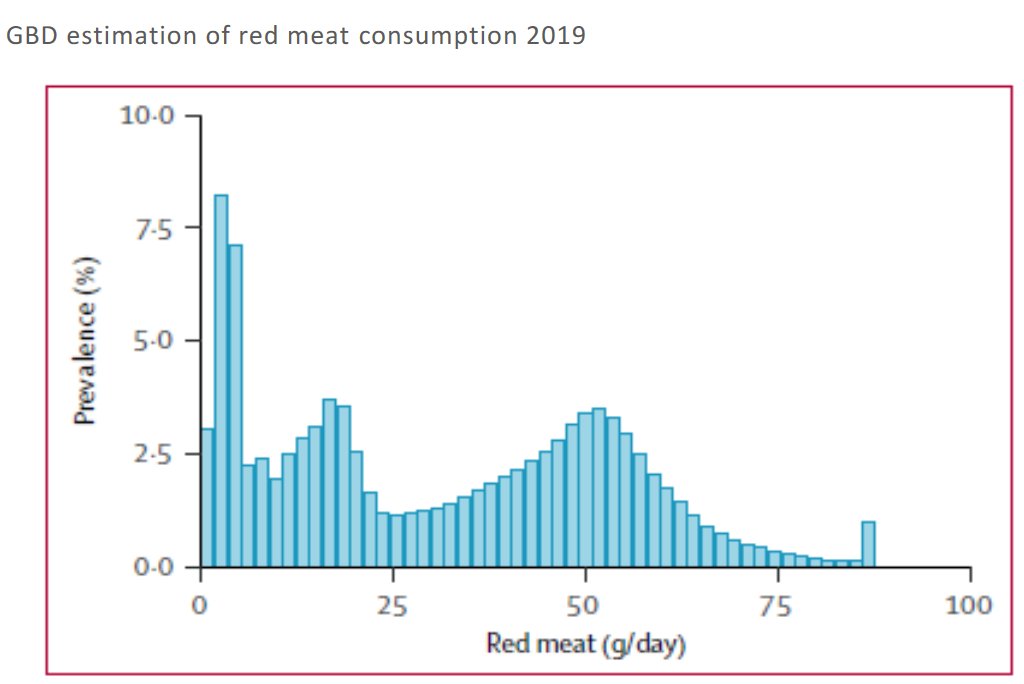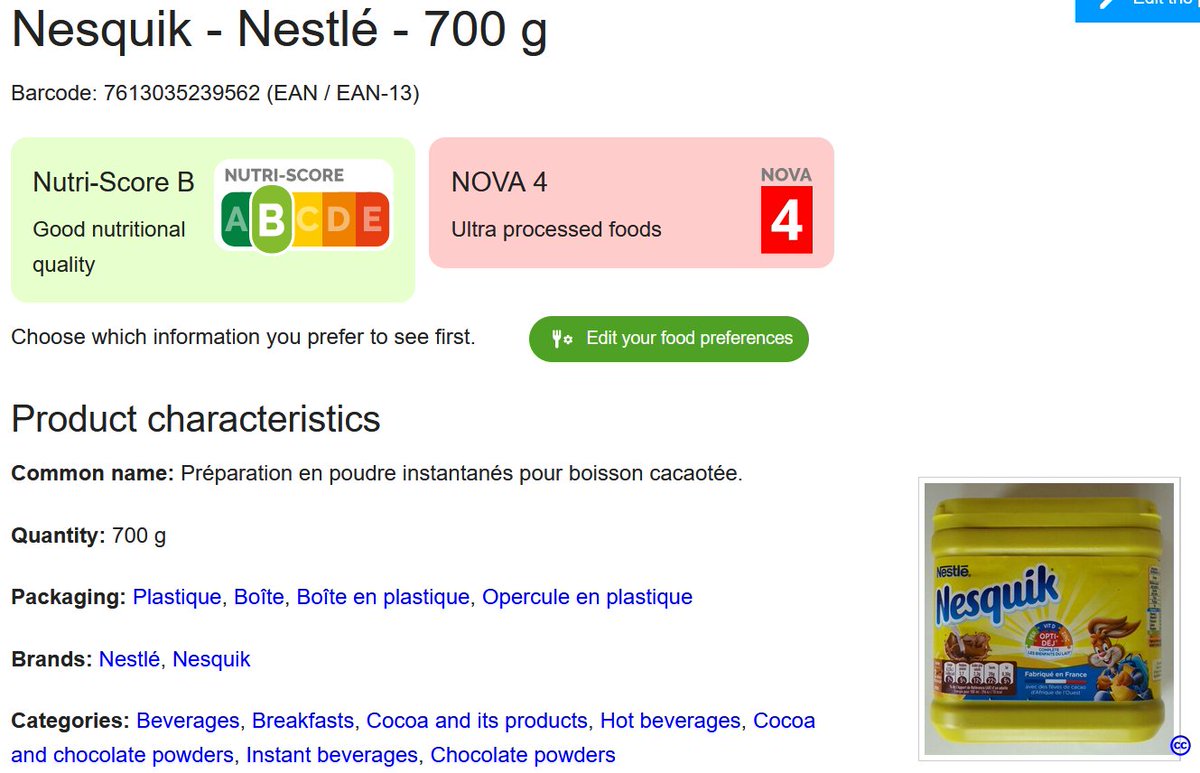
#India isn't the #vegetarian model some claim it to be. Watch this excellent summary by @sakie339 to understand why:
Staggering statistics of malnourishment in children & women, reinforced by an aggressive criminalization of valuable foods by ideologists.
Staggering statistics of malnourishment in children & women, reinforced by an aggressive criminalization of valuable foods by ideologists.
"Nutritional indicators/social security schemes were a cause for concern even before the pandemic, which the pandemic has aggravated. With the large number of Covid cases in India, we need to ask if a better nourished population would have handled the pandemic better" 
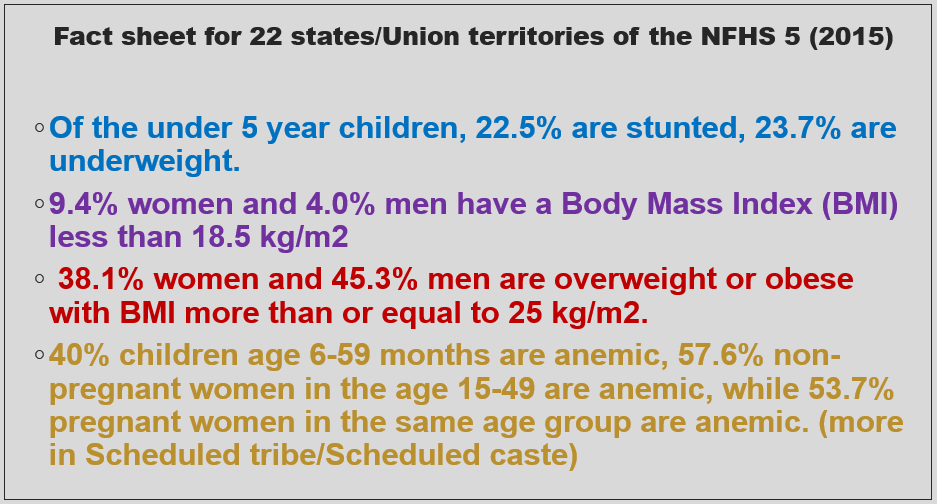
Diets are often very restricted in food groups and key nutrients. The % of acceptable diets increase with higher levels of maternal schooling and household wealth, but only slightly so. 
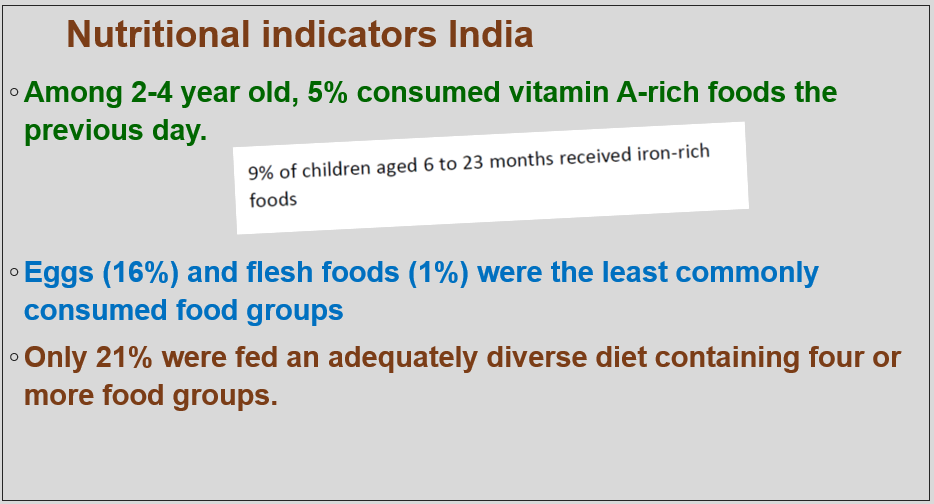
Food is often equated with cereals in ideologically biased food security policies & not much else (at most, pulses or oil). Erasure of milk, dairy products, meat, chicken, fish & eggs that are traditionally eaten, while fortification is pushed as a panacea. 

Eggs & other animal source foods are portrayed as "impure" by religious groups that are installing taboos in school mid-day meals, despite the fact that their consumption is encouraged by nutritionists. 

The situation can become particularly violent if opposed, as demonstrated by the aggression towards meat eaters from minorities (including mob lynching). 
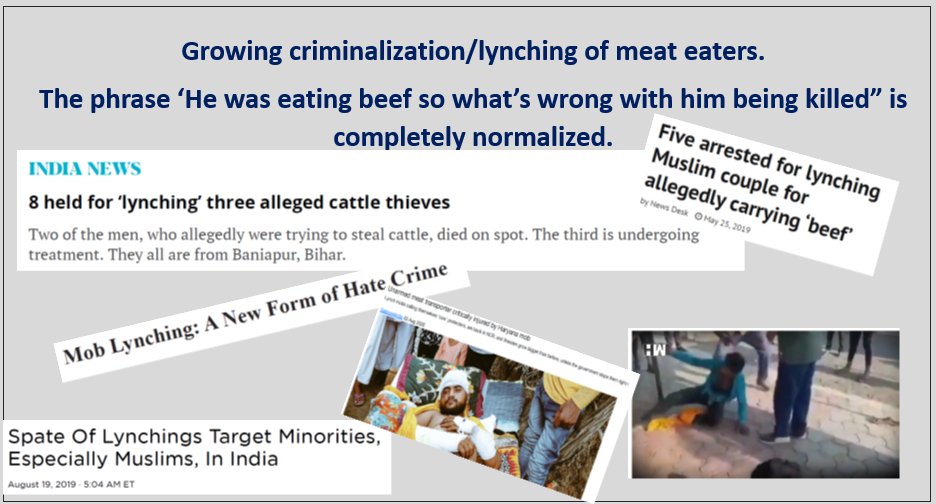
It is shocking, therefore, that influential forces in the nutrition space (including members of the #EATLancet Commission) are projecting India as a "plant-based" model for the world. 

So what needs to be done? Oppose the intertwined problem of ideological discourse & corporate interests (riding on the back of climate change). Look at nutrition first & then see how the most nutritious foods could be produced in a way that is least damaging to the climate" 

• • •
Missing some Tweet in this thread? You can try to
force a refresh


